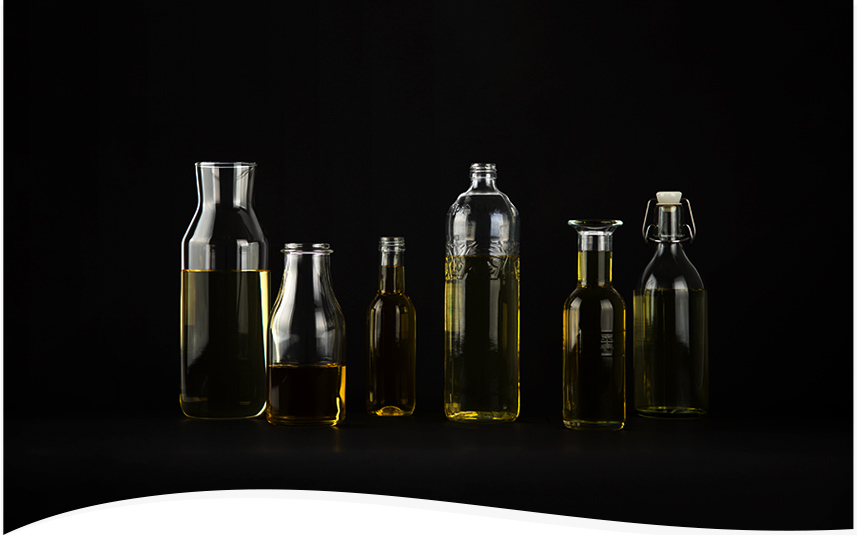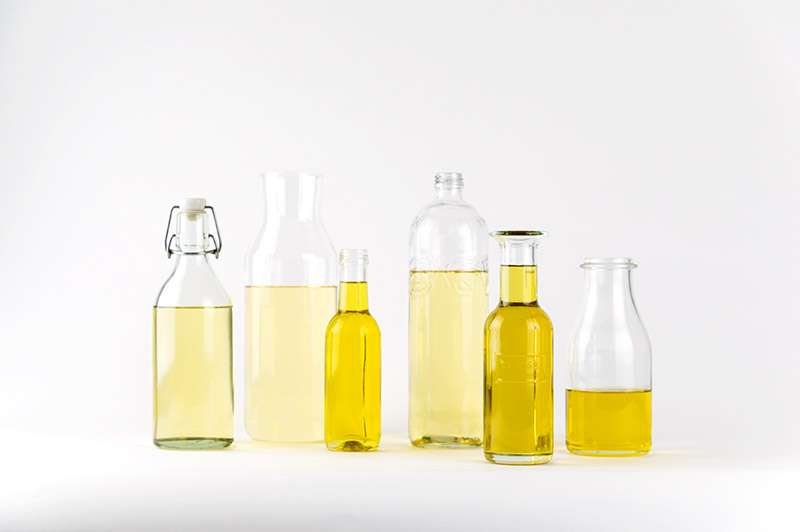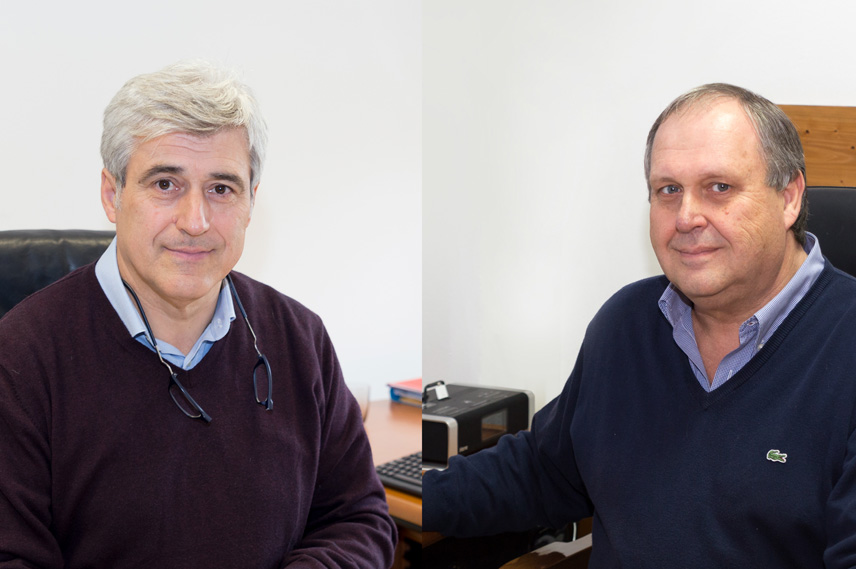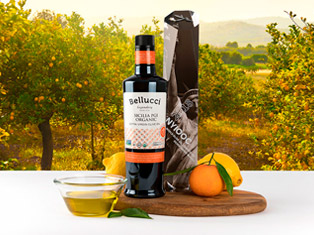Defeating Food Fraud: Preventative Measures Improve Safety

To put it simply, food fraud is the sale of food, beverages, or other consumable products which do not meet recognized standards for quality and/or safety, in order to generate financial gain.
Though quite some time has passed since the 1981 incident which introduced unsuspecting consumers to Toxic Oil Syndrome, food fraud is still a huge challenge in today's marketplace.
With food allergies and other health concerns on the rise, now is a good time to learn more about how food fraud affects the quality and safety of your food - and which companies go the extra mile to verify that the goods found on the shelves of your local grocery are authentic.
What is food fraud?
Food fraud is the adulteration and/or mislabeling of food, beverages, or other consumable products which do not meet recognized standards for quality and/or safety, in order to generate financial gain.
Why is that a problem?
To state it simply – fraudulent foods are usually of lesser quality than the goods they are replacing. They're designed to swindle consumers out of their hard-earned dollars.
In addition, fraudulent food items can pose serious health risks to consumers who rely on the accuracy and transparency of labeling or ingredient lists to avoid allergens, and mitigate other health concerns. For example, extra virgin olive oil which is fraudulently diluted with inferior nut oils could be deadly to those with sensitivities - just as a high-fructose corn syrup passed off as a “low-glycemic” product could endanger diabetics.
Though admittedly more rare than instances where cheap (but harmless) substitutes are passed off for higher-quality ingredients, there have also been many cases in which altered grocery goods have included dangerous (or even poisonous) substances, resulting in serious harm to public health.

So, what can be done to avoid fraudulent foods?
While today’s consumers are more aware of food fraud than ever before, there is little they can do on an individual level to ensure that the products they purchase from their local grocer are exactly what they claim to be. Naked-eye inspections of most items fail to reveal tampering or fraudulent activity, and most faked products are difficult to identify without professional testing.
The EU has created the Rapid Alert System for Food and Feed (an effective tool which detects risks to public health in the food supply chain, and encourages swift reaction) as well as the EU Food Fraud Network , which allows authorities to share information which might have international impact.
In addition, some companies have chosen to address the production of fraudulent foods by voluntarily adopting preventative measures. Authentic businesses operating in markets in which fraud is prevalent (such as the olive oil industry) have begun making changes to increase the safety of their supply chain, as well as proactively certifying their products through trusted third parties, such as Bureau Veritas.
Some businesses (such as the Italian cooperative Bellucci) have taken the process to a whole new level. They not only certify their grocery goods through formal Bureau Veritas ISO 22005 certification, they've developed a unique traceability system which allows consumers to verify the authenticity of their extra virgin olive oil, and track the journey of each bottle from farm to table.
Their traceability app not only offers consumers reassurance that Bellucci extra virgin olive oil meets the highest standards for quality, safety, and authenticity – it protects the livelihood of growers, and increases trust industry-wide.
As the industry leader in transparency and traceability, Bellucci shows no signs of stopping. Their current efforts to increase consumer trust and safety include the adoption of new blockchain technology, designed to provide even deeper insight into the farm-to-table journey.
Bellucci’s approach is both innovative and proactive, and sets an example for how other food-focused organizations might choose to invest in consumer safety. By doing so, businesses can help stop the production and spread of fraudulent foods.
Consumers can also do their part, by choosing to purchase only from those businesses who hold themselves to high standards, and actively strive to increase food safety and transparency. Those who take a stand will inevitably drive improvements in food quality, while also supporting consumer health and wellbeing.
Want to learn more about how you can track your food from farm to source? Take a look at Bellucci's unique traceability app, or click here to learn more about Bureau Veritas certification.





